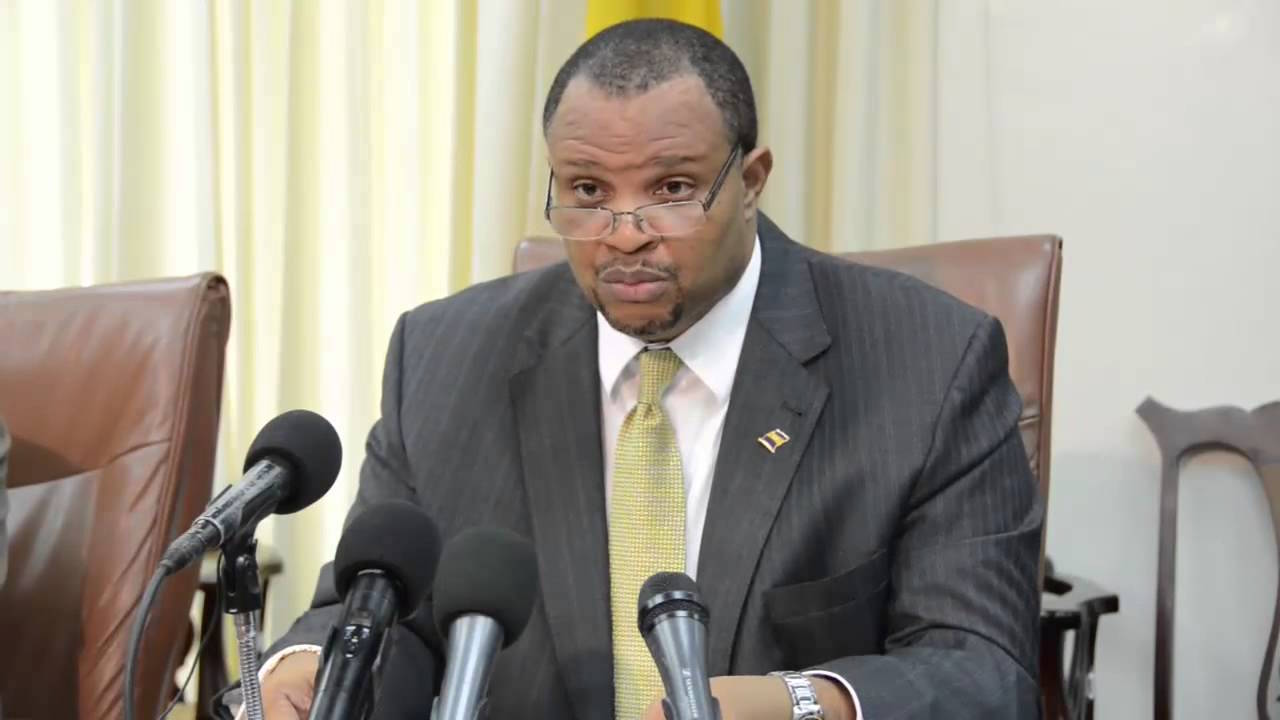World Bank Official Urges Changes to Lending Rules for Micro and Small Businesses

September 28, 2023
Chris Sinckler, World Bank Alternate Executive Director for Canada, Ireland, and the Caribbean, recommends changes to lending rules for micro and small businesses to improve access to finance and stimulate job creation, innovation, and poverty alleviation.
World Bank Alternate Executive Director for Canada, Ireland and the Caribbean Chris Sinckler has recommended changes to lending rules for micro and small businesses, declaring as an injustice the difficulties they experience in accessing adequate finance.
He called for a national conversation on funding access for micro, small and medium-sized enterprises (MSMEs), and suggested that financial institutions should seek to “match the Government” on loan initiatives.
“So, if the Government is putting up $30 million, you put $30 million too. Imagine what that could do to create jobs, to create opportunities and push innovation, to fight poverty in our society. We can no longer shrink back from these big important questions, and I urge you to push forward,” Sinckler told those attending the Small Business Association (SBA) 8th Leo Leacock Memorial Lecture at the Errol Barrow Centre for Creative Imagination at the University of the West Indies (UWI) on Tuesday night.
The lecture was part of Small Business Week 2023.
Speaking on the topic, The Role of Small Firms in the Development Agenda for Small Island Developing States, Sinckler expressed concern that MSMEs were unable to access adequate finance to help them grow, despite small island developing states, including Barbados, having one of the most liquid banking and financial sectors.
The former Minister of Finance and Economic Affairs under the Freundel Stuart administration from 2010 to 2018 said he was well aware of the credential rules and regulatory and legislative issues that banks, credit unions and other lending institutions faced.
He questioned whether the time had not come for “a serious conversation” on the matter, as he indicated that small, black-owned business people in small island developing states continued to “fish around, beg around and plead around with institutions, some of which are foreign [owned]”.
“We have to go and ask them for money, but our sectors that we built, that we own, that manage our resources, are hemmed in by credential rules, legislations and policies and everything to keep them in an estrangement away from you,” argued Sinckler.
“I am saying, tonight, that is a fundamental injustice . . . . Let’s have inverse reparations where small and medium-sized businesses are able to access these resources…. We need a big transformative attempt.”
Sinckler indicated that the MSME sector was responsible for creating numerous jobs and generating the greatest level of economic activity in small island developing countries.
Pointing out that studies have shown that women face major challenges getting financial support for their businesses, the former finance minister challenged the SBA to be more aggressive in its push for changes to the financial system.
“The studies have shown that if you give the women the money, they will create sustainable businesses, they will create more jobs for women, we will achieve SDG [Sustainable Development Goal] 5, which is gender equality. I am saying the time is now. We have no excuse not to have this type of financing going to women who have proven they can run businesses and do them well,” he said.
Directly addressing SBA officials, Sinckler added: “You have to push this thing even more than you [are] pushing it now. You have to open up a national conversation on this issue. We can no longer hide behind statistics and all that kind of thing and the fancy talk.”
He said that giving small businesses greater access to finance would help create jobs, spawn innovation, generate economic activity, spur economic growth and lead to greater innovation across sectors.
“It is a conversation whose time has come because we owe it to our own legacy, our own future, our children to ensure that that culture of risk averseness is broken, and it can only be broken if we break it,” Sinckler contended.
(MM)


